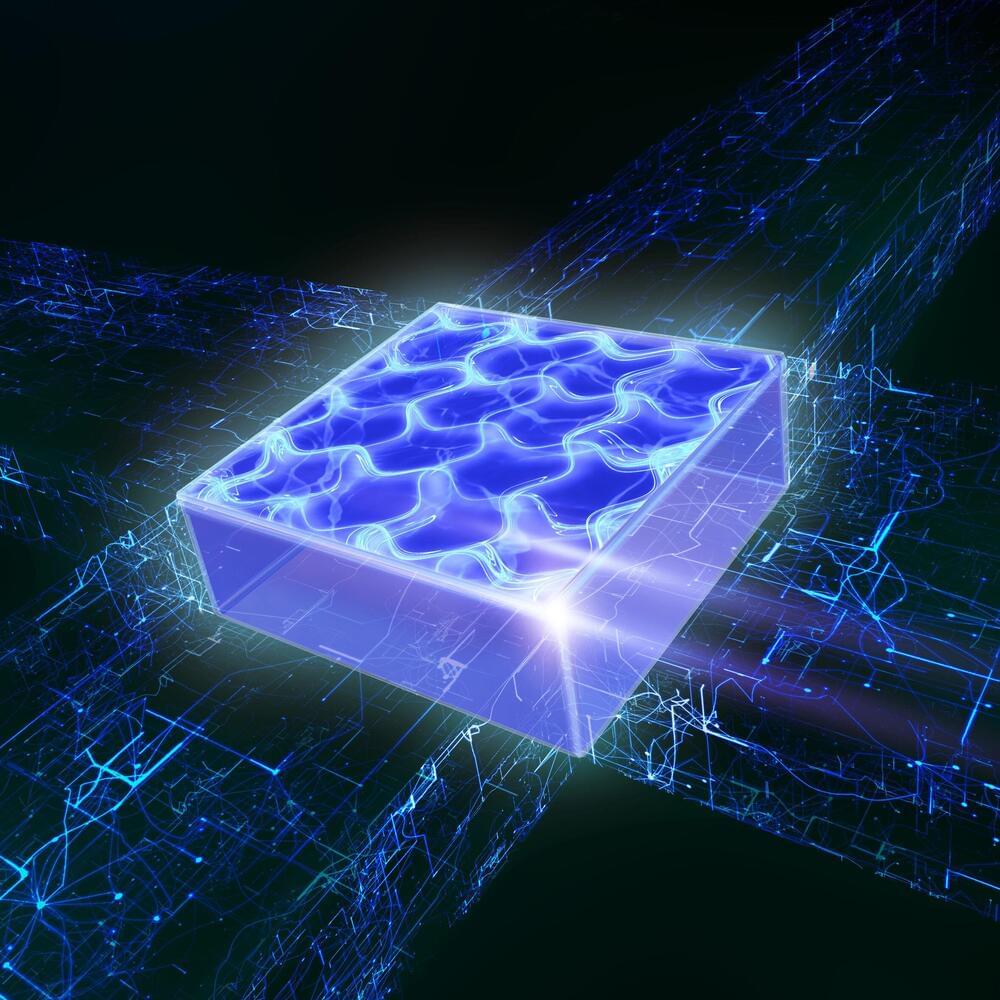Quantum matter can be solid and fluid at the same time—a situation known as supersolidity. Researchers led by Francesca Ferlaino have now created for the first time this fascinating property along two dimensions. They now report in the journal Nature on the realization of supersolidity along two axes of an ultracold quantum gas. The experiment offers many possibilities for further investigation of this exotic state of matter.
Quantum gases are very well suited for investigating the microscopic consequences of interactions in matter. Today, scientists can precisely control individual particles in extremely cooled gas clouds in the laboratory, revealing phenomena that cannot be observed in the every-day world. For example, the individual atoms in a Bose-Einstein condensate are completely delocalized. This means that the same atom exists at each point within the condensate at any given time. Two years ago, the research group led by Francesca Ferlaino from the Department of Experimental Physics at the University of Innsbruck and the Institute of Quantum Optics and Quantum Information at the Austrian Academy of Sciences in Innsbruck managed for the first time to generate supersolid states in ultracold quantum gases of magnetic atoms. The magnetic interaction causes the atoms to self-organize into droplets and arrange themselves in a regular pattern.
“Normally, you would think that each atom would be found in a specific droplet, with no way to get between them,” says Matthew Norcia of Francesca Ferlaino’s team. “However, in the supersolid state, each particle is delocalized across all the droplets, existing simultaneously in each droplet. So basically, you have a system with a series of high-density regions (the droplets) that all share the same delocalized atoms.” This bizarre formation enables effects such as frictionless flow despite the presence of spatial order (superfluidity).
